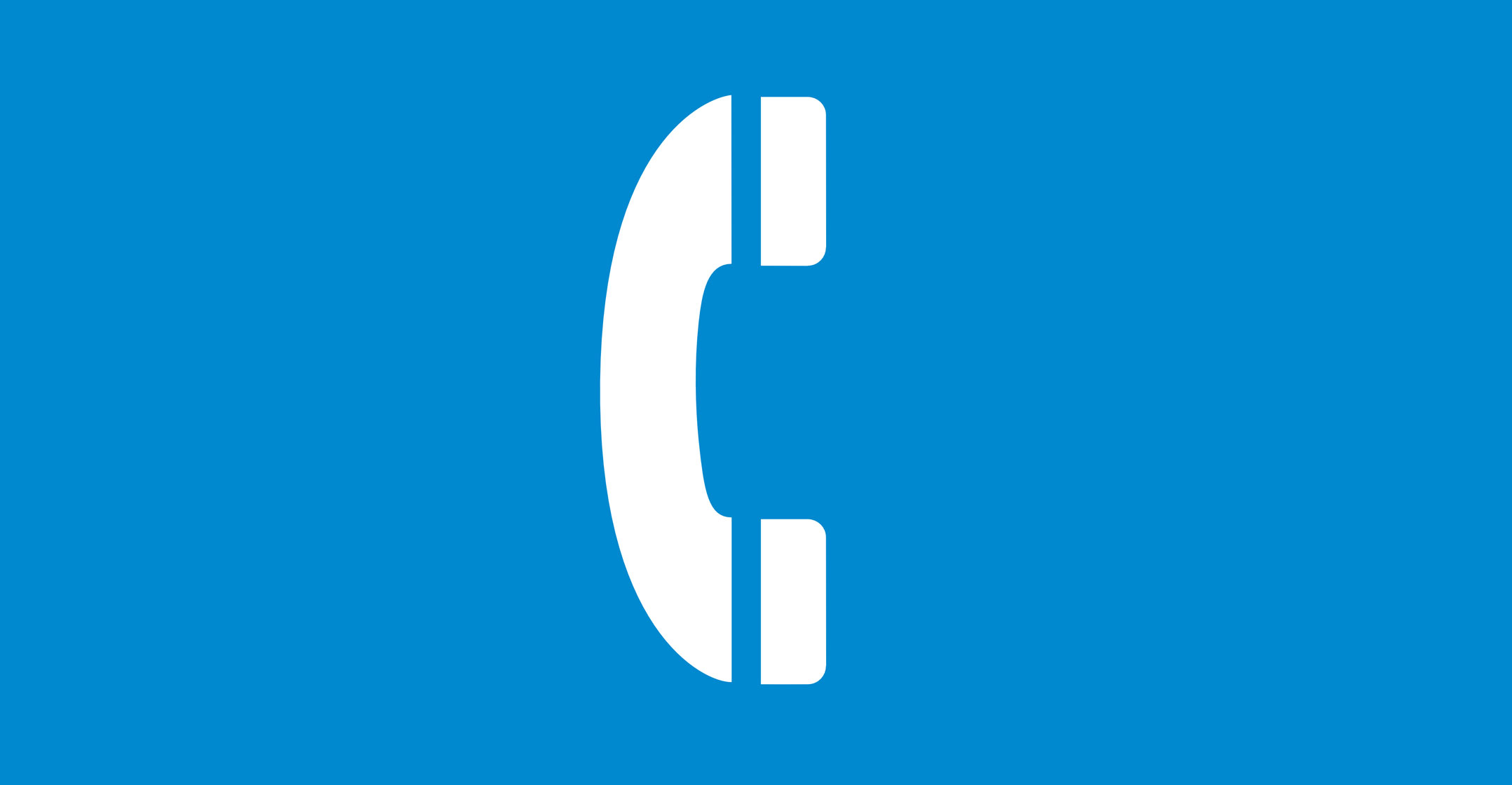
Telkom’s fixed-line and enterprise business lines have taken a battering due to the Covid-19 lockdown, but its consumer mobile business is flying, with Telkom Mobile overtaking Cell C to become South Africa’s third-largest mobile operator.
In a market update published on the JSE’s stock exchange news service on Friday afternoon, Telkom – which is near the conclusion of the first half of its 2021 financial year – said its business units were impacted in different ways by the pandemic and associated lockdown. It didn’t provide numbers, but spoke in broad terms about its performance.
“The consumer business benefited from the increased demand from people working from home and online schooling, while (IT services business) BCX and Small Medium Business (SMB) were negatively impacted by the national lockdown as corporate customers were under severe financial pressure,” Telkom said. “Overall, the group revenue showed resilience in the face of this pandemic.”
The consumer segment has performed well, with the mobile business sustaining its growth trajectory into the first half of the year, Telkom said.
“Mobile data, which contributes approximately 70% of the mobile business, was the main driver of growth, driven by strong growth in mobile traffic. The mobile business continued to gain market share from its peers, both from a customer and revenue perspective, to become the third largest mobile telco in South Africa.”
Telkom’s wholesale division, Openserve, enjoyed an increase in demand for fixed connectivity resulting in an improved fibre-to-the-home connectivity rate. Similar trends were seen across Openserve’s Pure connect product portfolio, which takes advantage of existing broadband infrastructure and supports the increased demand for data connectivity, the company said. However, the lockdown had a negative impact on enterprise fixed voice volumes and this impacted Openserve negatively.
‘Severe financial pressure’
The lockdown also hurt the BCX and SMB businesses, whose customers came under “severe financial pressure”.
“Migration to work from home negatively impacted the enterprise fixed business as the usage was diverted to mobile connectivity, leading to a significant decline in fixed voice revenue. Enterprise customers reduced IT spend in the first half of the year and postponed some of their capital investment projects as a response to the heightened uncertain environment caused by Covid-19,” Telkom said.
“During this difficult time, management relentlessly focused on its sustainable cost management programme to protect group Ebitda and margin,” it said, referring to earnings before interest, tax, depreciation and amortisation.
 “The benefits of the restructuring programme were realised in line with management expectations. Mobile cost to serve was optimised, further impacting mobile profitability positively. Despite a significant decline in group fixed voice revenue with higher margin, group Ebitda and margin are broadly maintained.”
“The benefits of the restructuring programme were realised in line with management expectations. Mobile cost to serve was optimised, further impacting mobile profitability positively. Despite a significant decline in group fixed voice revenue with higher margin, group Ebitda and margin are broadly maintained.”
It said, too, that its liquidity “remains resilient, with a stable balance sheet”.
“No debt has been raised since 30 March 2020. Management remains confident with a cash-release initiatives target of R700-million to R1-billion for the year as it continues with its working capital optimisation. Management continued to be disciplined in capital allocation and capex roll-out was slowed as a result of the national lockdown,” it said.
It added that it has entered into a payment plan with South African Revenue Service to pay an outstanding liability (including interest) of R870-million, payable over a period up to 31 March 2021.This will be funded out of our monthly cash flows, Telkom said. – © 2020 NewsCentral Media




